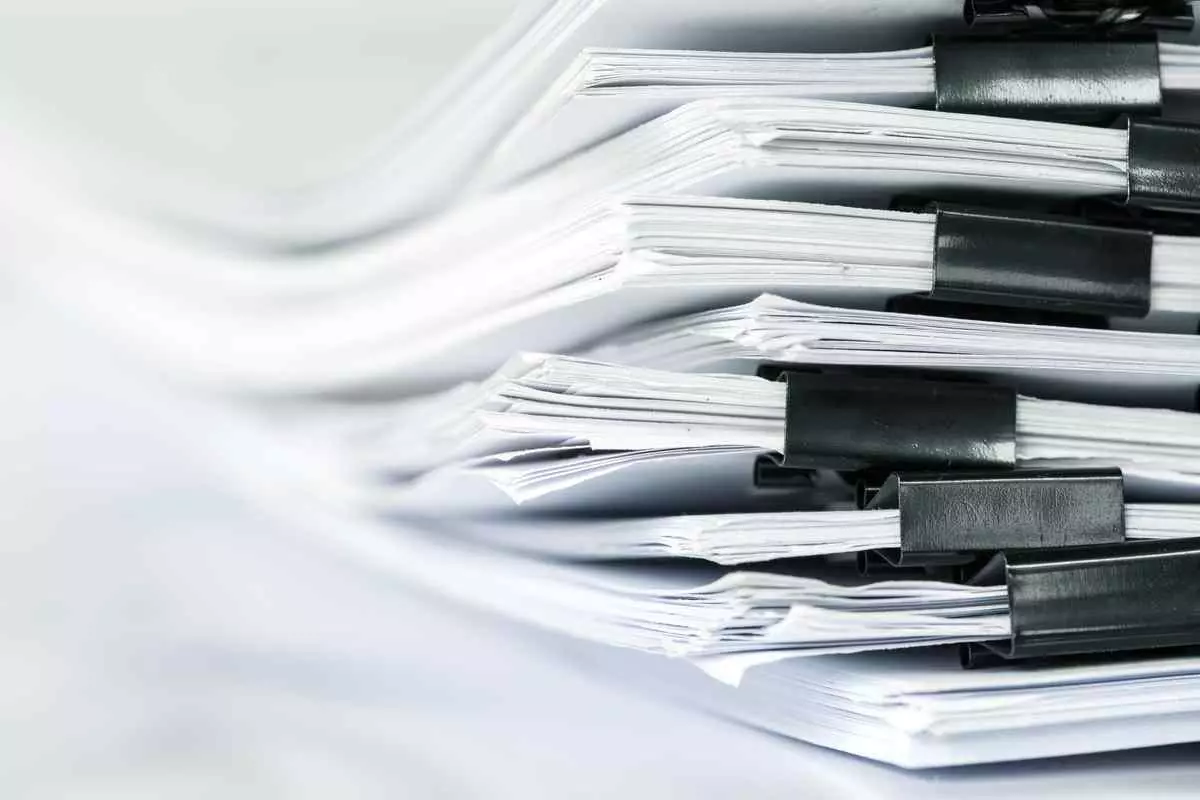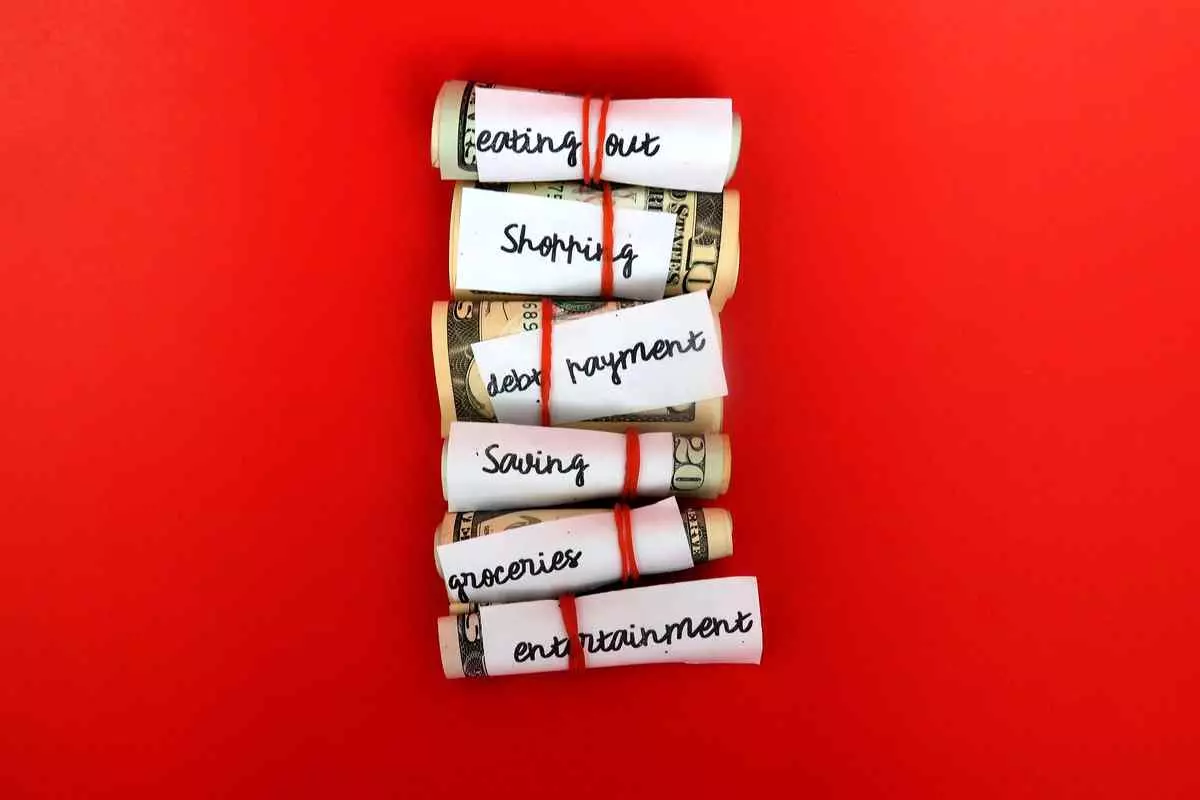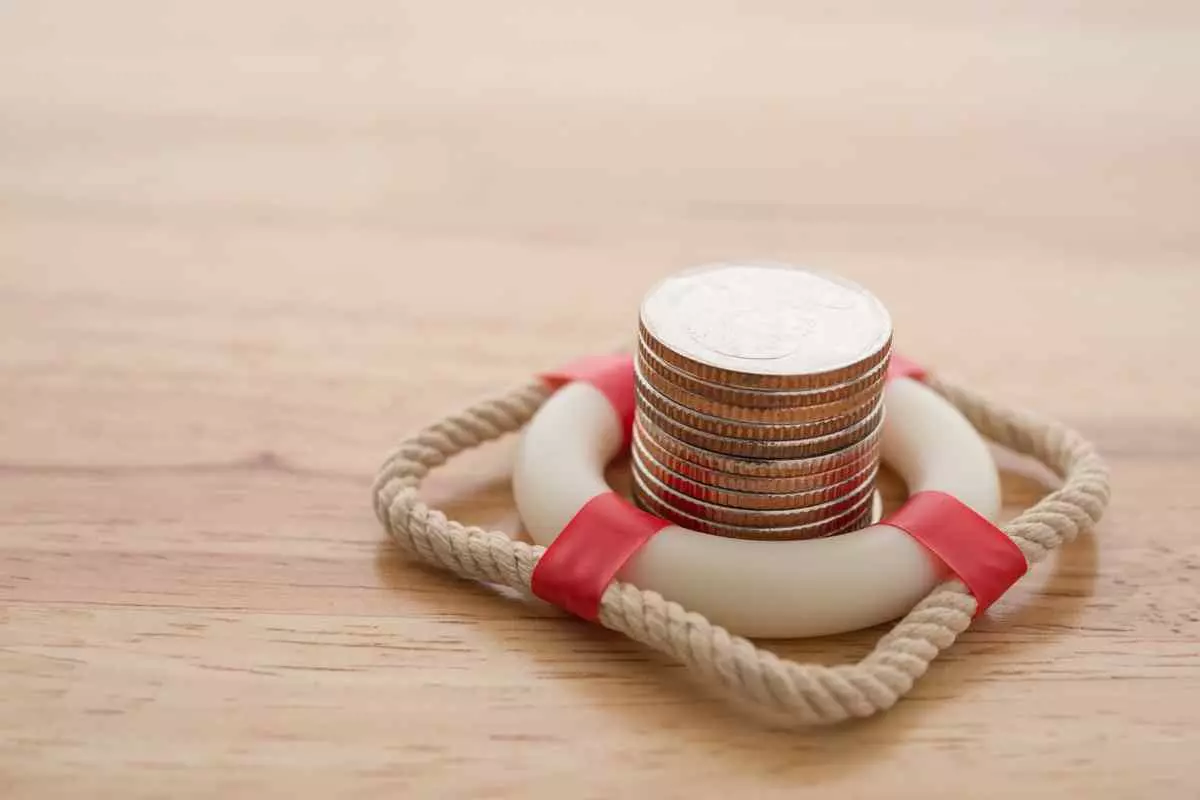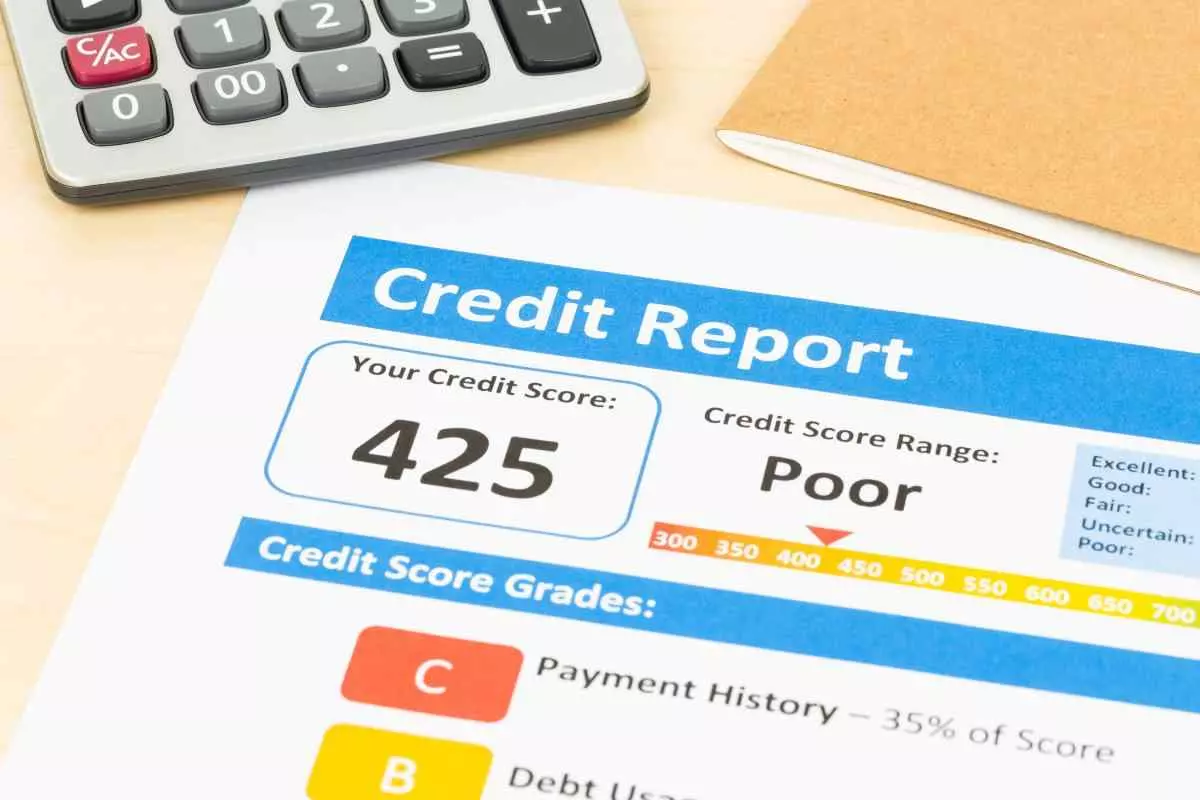If you think that financial well-being is about the amount of money you have and spend, you might be wrong.
Financial health includes everything from your credit to investments and shows the current state of your finances. By tracking your expenses and keeping a close eye on how much you save and owe, you can improve your financial health.
In this article, we will provide some tips on how to improve your financial health.
What Is Financial Health?
Financial health refers to the state of your current monetary affairs. To gauge your financial health, you must consider your income, spending, savings, and debt.
Being financially healthy means being able to cover any expected and unexpected costs, whether it is household expenses or not. Someone who is financially healthy can handle paying bills, has enough cash saved for emergencies, and meets their financial obligations without stressing about money.
How to Improve Your Financial Health
Improving your net worth requires careful planning and dedication. Becoming financially healthy is a continuous process of budgeting your spending and decreasing your debts. Below are some practices that can help you learn how to manage your money better and become more financially healthy.
Keep Tabs on Your Financial Documents
Monitoring your financial documents means knowing what goes in and out of your bank account. Noting times and dates on your bank statements can be useful as well. For instance, adding dates you made payments or requested a refund ensures your money is accounted for and not frivolously spent. It also ensures that you are setting realistic financial goals for yourself and your future.
Set Financial Goals, Track, and Budget
Once you have a firm grasp on your documents, you can begin to set financial goals, and budget, and track your journey towards healthy finances.
Budget
A useful tool to help you start creating a budget would be your previous bank statements. From there, you can see what you normally spend your money on and what you can cut out from spending in the future. Necessities like rent, utility bills, and groceries should be the first categories you budget for. However, you may notice that a significant amount is being spent on eating out or entertainment. By cutting out unnecessary expenses, you can make more room for saving money for unplanned expenses.
You can use mobile apps such as Mint or spreadsheets to build and maintain a budget, achieving your financial freedom. Alternatively, you can apply the envelope method and separate your monthly income into different envelopes for each budget category.
Tracking Your Progress
After you create your budget, a tracking app can help make sure you are following the financial plan you created for yourself. Money Dashboard is a free app in the United Kingdom that can help you track your finances and spending.
Budgets are not foolproof. Tracking your progress also helps you determine how you can adjust your spending to improve effectiveness. For instance, you might allocate 10% of your monthly income to savings. However, after you track your progress for a few months, you may notice that you can bump up that amount.
Practical Advice
There’s a saying that goes, “buy something only if you think you will use it the number of times equivalent to the pound.” If you think about buying a pair of trousers for £45, ask yourself whether or not you will wear them 45 times. If yes, then the purchase would be well worth it. If not, then maybe you should think twice about the purchase and come back to it in the future.
Before purchasing something, you can ask yourself these questions:
- Will I use it?
- Do I need it?
- Does this fit in my budget?
- Can I afford this?
- Is it worth it?
Asking yourself these questions might help you save money by not purchasing items and goods you do not need at the time.
If you find it difficult to save money in your checking account, you can open a savings account and direct a portion of your monthly paycheck to it. Opening a savings account at a different bank can make it harder to access your cash, preventing you from overspending. Also, setting up a direct deposit from your checking to your savings account can prevent you from spending your leftover salary.
Get Financial Support
There are online resources and websites that guide and support individuals seeking to improve their financial health. For instance, GOV.uk has helpful information about whether or not you can receive financial support from the government. Here you can obtain detailed information about loans or grants available to individuals and businesses and see if you qualify for any of the options offered by the government.
Alternatively, if you are faced with an unexpected financial expense, you can apply for a payday loan. This financing option can be used to cover necessary expenses, such as rent, bills, or auto repairs. However, keep in mind that interest rates for payday loans are typically high, and the repayment term is relatively short. As such, loans should only be used when you have exhausted your resources and when you are faced with short-term emergencies.
Monitor
Monitoring your finances is very important. Keeping tabs on your credit score and finding out what is affecting your score can also help you manage your financial health. A range of factors may affect your credit score, such as having too many credit cards or not paying your bills on time. These can hurt your financial health and should be monitored to catch them before serious damage is done.
You can request a copy of your current credit score and report from any of the three credit reporting agencies – Equifax, Experian, and TransUnion. These services are free, and let you know your real-time credit score. You can also sign up for their paid credit monitoring services that will alert you anytime your credit score drops or goes up.
Mobile apps like Mint can help you monitor your spending habits, financial score, as well as your credit score. You can connect your credit cards, mortgage, and investment accounts, and the app will store your financial information in one centralized location. Then, monitoring your finances is only one click away.
Repairing Your Credit Score
Sometimes it’s not enough just to monitor your finances. Repairing your credit score can help get you in a better spot for better financial health.
Repairing your score means paying every bill on time or ahead of time. A late or missed payment can seriously damage your score. By making on-time payments, you may be able to improve your score over time.
There are other key points you should keep in mind about repairing your credit score. Avoid applying for multiple credit cards at the same time. Your credit score may drop as a result of numerous credit checks. Additionally, these checks may be visible on your credit report for 12 months.
Also, try to keep your credit utilisation low. Credit utilisation is the percentage of your credit limit that is in use. It is the sum of all your balances divided by the sum of your credit limits if you have multiple credit cards. Generally, try to keep it below 30% to improve your credit score faster.
Manage Investments
Budgeting can help you manage your finances for a better future. However, if you are looking to grow your funds, there are online tools and platforms that can help you invest in your future. Here are three of the most popular UK investment apps:
- eToro – You can use this app to trade stocks and crypto. It’s trusted by millions of users worldwide and allows you to invest in a diversified virtual portfolio, starting at just $10.
- Fineco – This is a trading platform where consumers take care of their banking, trading, and investing. The app offers a single multi-currency account to manage your daily banking and investments.
- Wealthify – It’s easy to set up personal investment plans using this app, and it helps you stick to your goals.
All in all, it is always important to do your research first and find the right resources to help you manage your financial health.
Sum Up
Being financially healthy means spending money prudently and keeping your debt levels lower than your revenues. Becoming a financially healthy person is not a very difficult task, as it only requires changing some lifestyle and spending habits.
This article provided some practical tips that can help you become more financially stable and secure. It all starts with creating a budget and sticking to it, reconsidering futile expenses, and paying off your debt on time.




